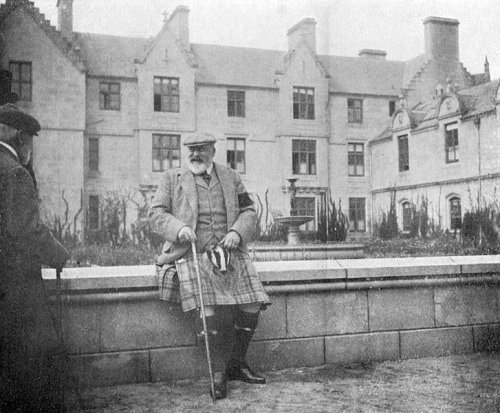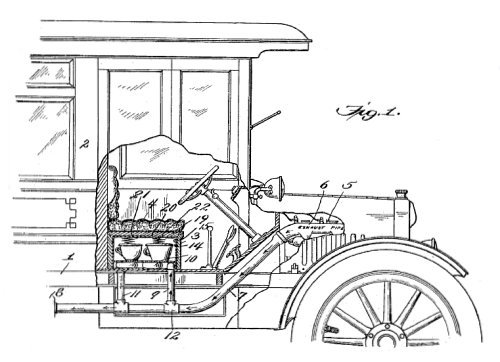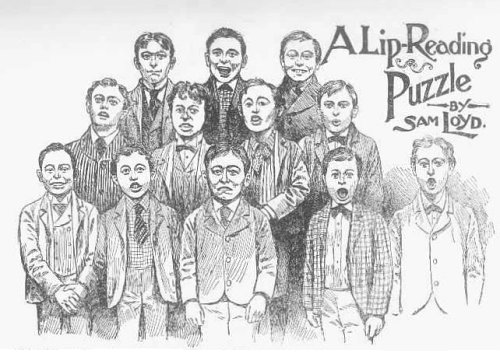Bach’s “crab canon” rendered as a Möbius strip:
Bach and Handel were both blinded by the same oculist, John Taylor, “the poster child for 18th-century quackery,” according to University of Wisconsin ophthalmologist Daniel Albert. Bach probably died of a post-operative infection; Handel wrote the lyrics to Samson (“Total eclipse! No sun, no moon! / All dark amidst the blaze of noon!”) after Taylor’s botched cataract surgery.
Random Möbius anecdote: In 1957, B.F. Goodrich patented a half-twisted conveyor belt for carrying hot material such as cinders and foundry sand, “thereby permitting each face of the belt to cool during one half of the operating period.”






